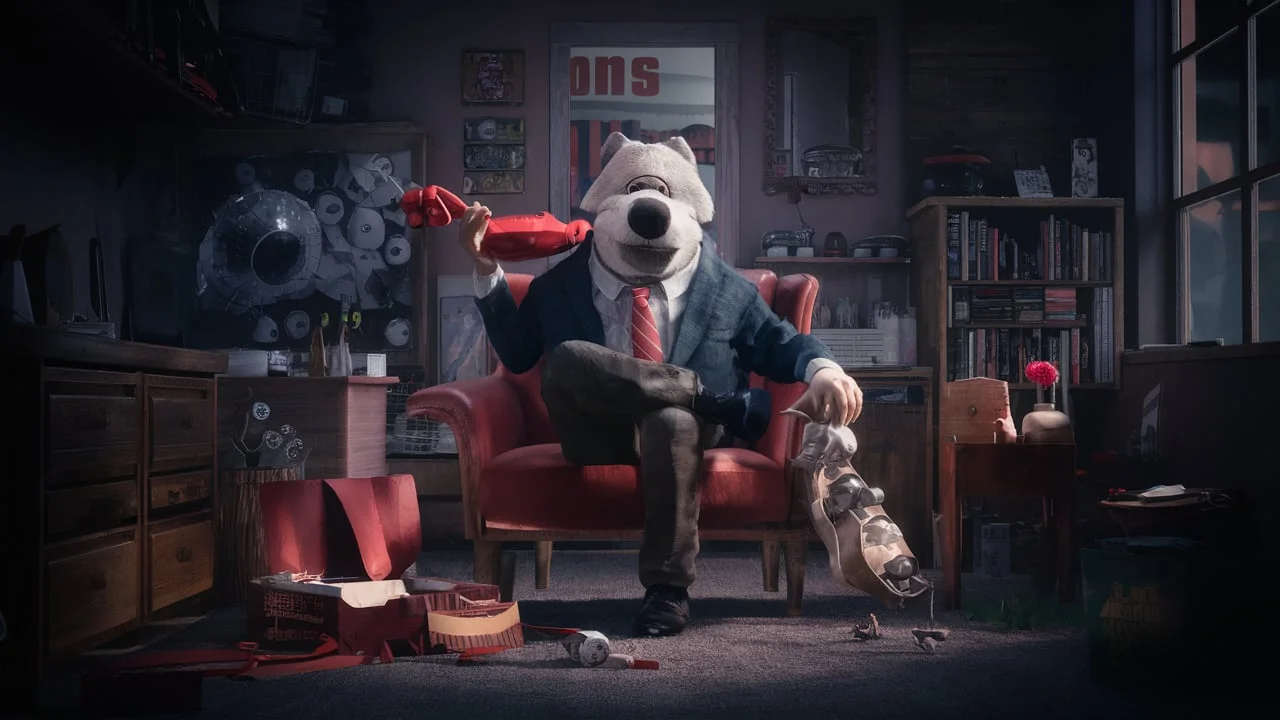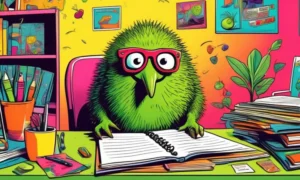Black comedy, with its unique blend of dark humor and societal critique, serves as a powerful mirror reflecting the complexities of the human condition. Its ability to make us laugh while confronting uncomfortable truths ensures its place as a vital and enduring genre in the landscape of entertainment and literature.
1. Introduction to Black Comedy 🎭
- Definition of black comedy.
- Historical origins and evolution.
- Key elements distinguishing black comedy.
- Examples from literature and film.
- Cultural impact of black comedy.
- Differences from other comedy genres.
- Societal reception and critique.
- Prominent black comedy authors and filmmakers.
- Psychological aspects and appeal.
- Ethical considerations in black comedy.
2. Historical Roots of Black Comedy 📜
- Ancient Greek and Roman influences.
- Shakespearean dark humor.
- Gothic literature contributions.
- 19th-century satirical works.
- Influence of war and conflict.
- 20th-century existentialism.
- Postmodernist twists.
- Evolution through cinema and theater.
- Influence of global cultures.
- Modern-day examples.
3. Characteristics of Black Comedy 🎬
- Dark themes and subject matter.
- Use of satire and irony.
- Blending tragedy with humor.
- Social and political commentary.
- Depiction of taboo subjects.
- Complex character portrayals.
- Absurdity and surrealism.
- Paradox and contradiction.
- Subversion of expectations.
- Use of shock value.
4. Famous Black Comedy Films 🎥
- “Dr. Strangelove” (1964).
- “Fargo” (1996).
- “American Psycho” (2000).
- “In Bruges” (2008).
- “Burn After Reading” (2008).
- “The Lobster” (2015).
- “Parasite” (2019).
- “Jojo Rabbit” (2019).
- “Birdman” (2014).
- “Death at a Funeral” (2007).
5. Renowned Black Comedy Authors 📚
- Franz Kafka.
- Kurt Vonnegut.
- Joseph Heller.
- Flannery O’Connor.
- George Saunders.
- Chuck Palahniuk.
- Lorrie Moore.
- Nikolai Gogol.
- Roald Dahl.
- David Sedaris.
6. Black Comedy in Television 📺
- “The Office” (UK & US).
- “It’s Always Sunny in Philadelphia”.
- “Bojack Horseman”.
- “Fleabag”.
- “South Park”.
- “Black Mirror”.
- “Veep”.
- “The Simpsons”.
- “Rick and Morty”.
- “Archer”.
7. Social and Political Impact of Black Comedy 🗣️
- Addressing controversial topics.
- Challenging authoritarian regimes.
- Promoting social change.
- Highlighting economic disparities.
- Cultural critique and introspection.
- Encouraging critical thinking.
- Reflecting public sentiment.
- Use in activism and protest.
- Media influence and perception.
- Case studies and examples.
8. Psychological Appeal of Black Comedy 🧠
- Coping mechanism for trauma and stress.
- Exploration of human nature.
- Satisfaction from taboo subjects.
- Catharsis through laughter.
- Intellectual stimulation.
- Empathy and understanding.
- Cognitive dissonance.
- Breaking social norms.
- Escapism.
- Emotional release.
9. Ethical Considerations in Black Comedy ⚖️
- Respecting boundaries.
- Avoiding offensive content.
- Navigating censorship.
- Cultural sensitivity.
- Impact on vulnerable audiences.
- Responsibility of creators.
- Balancing humor and respect.
- Moral dilemmas.
- Public backlash.
- Professional critique.
10. The Role of Irony and Satire 🎭
- Defining irony in black comedy.
- Use of satirical elements.
- Parody and pastiche.
- Social satire.
- Irony in character development.
- Situational irony.
- Verbal irony.
- Irony and plot twists.
- Satirical techniques.
- Case studies.
11. Black Comedy and Cultural Context 🌍
- Differences across cultures.
- Western vs. Eastern black comedy.
- Cultural appropriation concerns.
- Localized humor.
- Cross-cultural adaptations.
- Influence of traditions.
- Global reach of black comedy.
- Case studies.
- Audience reception.
- Future trends.
12. Impact of Black Comedy on Society 🌐
- Challenging societal norms.
- Influencing behavior and attitudes.
- Providing social commentary.
- Reflection of current issues.
- Entertainment vs. impact.
- Educating audiences.
- Influence on public opinion.
- Role in media.
- Examples of societal change.
- Future implications.
13. Black Comedy and Literature 📖
- Classic literary examples.
- Modern literary trends.
- Short stories and novels.
- Poetry.
- Graphic novels.
- Playwrights.
- Literary devices in black comedy.
- Character archetypes.
- Themes.
- Notable works.
14. The Future of Black Comedy 🚀
- Emerging trends.
- Influence of technology.
- Digital media platforms.
- Virtual reality experiences.
- Interactive storytelling.
- Social media influence.
- Cross-genre experimentation.
- Younger audiences.
- Globalization impact.
- Innovative formats.
15. The Fine Line Between Humor and Offense ⚖️
- Defining boundaries.
- Intent vs. impact.
- Navigating sensitive topics.
- Public backlash.
- Media responsibility.
- Audience sensitivity.
- Balancing act.
- Case studies.
- Professional critique.
- Ethical guidelines.
16. Techniques for Writing Black Comedy ✍️
- Understanding irony.
- Developing characters.
- Crafting satirical narratives.
- Use of dark humor.
- Blending genres.
- Pacing and timing.
- Dialogue.
- Subtext and themes.
- Editing.
- Publishing.
17. Audience Reception and Interpretation 🎭
- Diverse reactions.
- Cultural perspectives.
- Critical acclaim.
- Box office success.
- Audience demographics.
- Fan communities.
- Social media discussions.
- Film festivals.
- Critic reviews.
- Case studies.
18. The Role of Shock Value in Black Comedy ⚡
- Defining shock value.
- Historical examples.
- Balancing shock and humor.
- Audience reaction.
- Ethical concerns.
- Creative techniques.
- Case studies.
- Critic perspectives.
- Social impact.
- Future trends.
19. Black Comedy in Theater 🎭
- Historical roots.
- Influential playwrights.
- Notable plays.
- Staging techniques.
- Audience interaction.
- Character development.
- Thematic exploration.
- Directorial approaches.
- Critical reception.
- Innovative productions.
20. Conclusion:
Black comedy, with its unique blend of dark humor and societal critique, serves as a powerful mirror reflecting the complexities of the human condition. Its ability to make us laugh while confronting uncomfortable truths ensures its place as a vital and enduring genre in the landscape of entertainment and literature.

Nicholas Clark is the laughter maestro at laughter.com. Renowned for his razor-sharp humor and uncanny ability to find comedy in the everyday, Nicholas captivates readers with his unique perspective.










